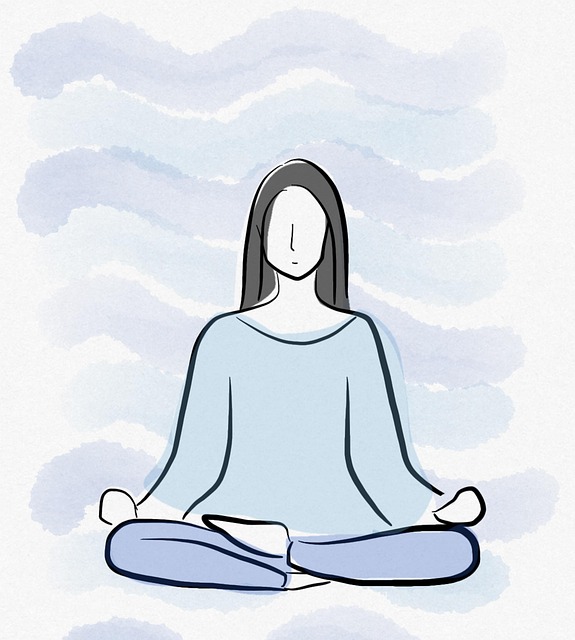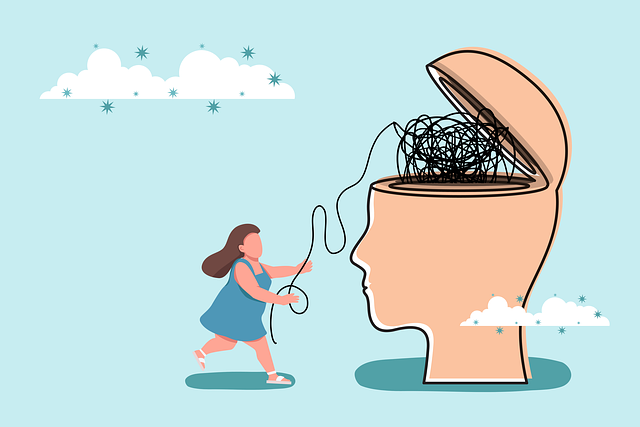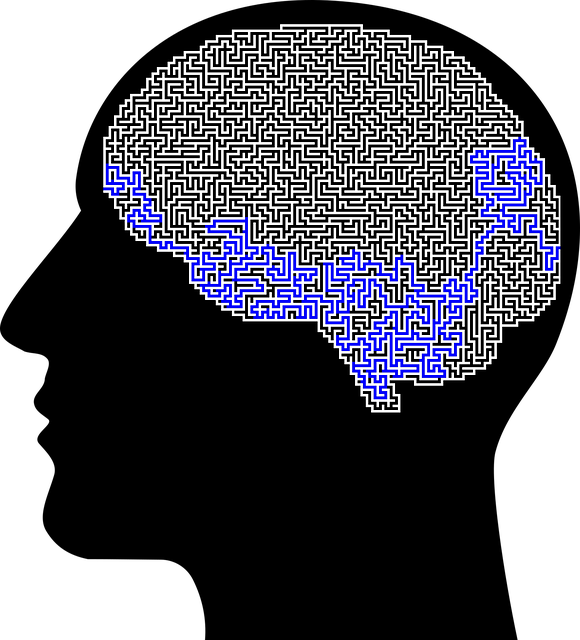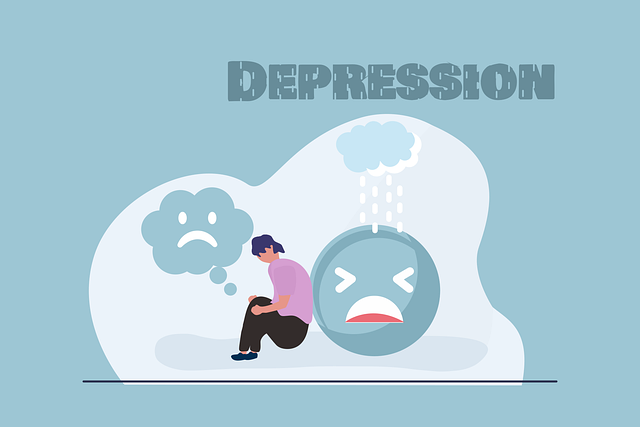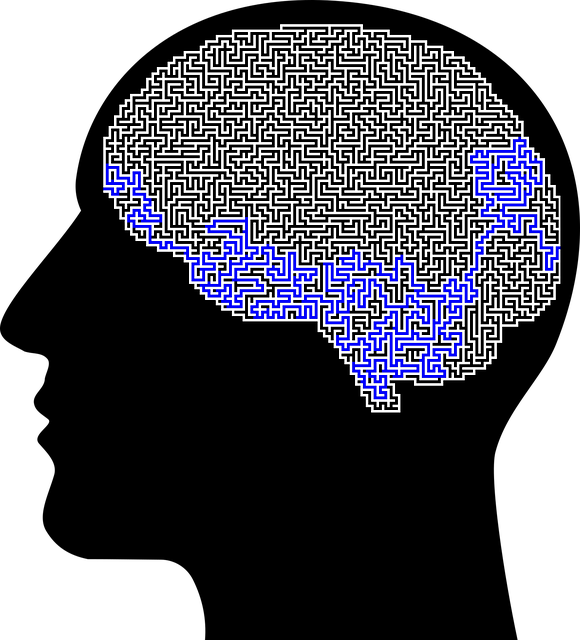Mindfulness meditation, popular for stress reduction and well-being benefits, is backed by research in reducing anxiety, depression, and enhancing cognitive function. It aligns with Westminster Cognitive Processing Therapy (WCPT), which emphasizes present-moment awareness in processing trauma and emotional healing. Creating a dedicated meditation space with soft lighting, comfortable seating, and sensory enhancements facilitates uninterrupted mindfulness exercises. Techniques like breathing exercises and body scans cultivate non-judgmental observation of thoughts and feelings, fostering calm and clarity. Integrating mindfulness into daily routines, as promoted by WCPT, improves overall well-being, reduces stress, and enhances patient care for healthcare providers.
Unwind your mind and embrace tranquility with our comprehensive guide to mindfulness meditation. Discover the transformative power of this ancient practice as it navigates you towards inner peace. From understanding the core concepts and reaping its benefits, to setting up a serene space using techniques like Westminster Cognitive Processing Therapy, we demystify every step. Learn effective exercises and explore practical tips for integrating mindfulness into your daily routine, cultivating a sense of calm amidst life’s chaos.
- Understanding Mindfulness Meditation and Its Benefits
- Setting Up Your Meditation Space for Optimal Practice (Westminster Cognitive Processing Therapy)
- Techniques and Exercises for Effective Mindfulness Meditation
- Integrating Mindfulness into Daily Life: Tips and Strategies
Understanding Mindfulness Meditation and Its Benefits

Mindfulness meditation is a practice that cultivates present-moment awareness and non-judgmental attention to thoughts, feelings, and bodily sensations. It’s more than just sitting quietly; it’s an active process designed to enhance mental clarity and emotional balance. By focusing on the breath or bodily sensations, individuals learn to observe their minds without getting caught up in their thoughts and emotions. This practice has gained significant traction in recent years, with many turning to mindfulness as a way to reduce stress, improve focus, and boost overall well-being.
The benefits of mindfulness meditation are supported by extensive research, including its positive impact on mental health. Regular practice has been linked to reduced symptoms of anxiety and depression, improved cognitive function, and enhanced self-compassion—all aspects that align with Westminster Cognitive Processing Therapy. Moreover, it plays a crucial role in Mental Wellness Podcast Series Production and Compassion Cultivation Practices, helping individuals navigate life’s challenges with greater equanimity. These efforts contribute to the global Mental Illness Stigma Reduction Efforts by promoting understanding and acceptance of mental health conditions.
Setting Up Your Meditation Space for Optimal Practice (Westminster Cognitive Processing Therapy)

Creating a dedicated meditation space is a significant step towards fostering Westminster Cognitive Processing Therapy practices and enhancing your overall well-being. Consider transforming a quiet corner in your home into a sanctuary for mindfulness exercises, where you can retreat to escape daily distractions. Ensure this area is free from clutter and technology to minimize interruptions during your practice. Soft lighting and comfortable seating that supports good posture are essential; these elements create an ambiance conducive to relaxation and focus.
Incorporating certain self-care routine development elements into your meditation space can further aid in achieving emotional regulation and stress management. For instance, a small water feature or a few houseplants can add calming sounds and oxygen to the environment, enhancing your sensory experience. Scented candles or essential oils can also be used to create an aromatic atmosphere that reinforces a sense of tranquility and peace, making your meditation practice even more effective.
Techniques and Exercises for Effective Mindfulness Meditation

Mindfulness meditation involves techniques that cultivate present-moment awareness and non-judgmental observation of thoughts and feelings. A simple exercise to begin with is focusing on the breath, where one observes the sensation of air flowing in and out of the nose or the rise and fall of the abdomen. This anchors the mind in the present, allowing for a calm and clear state. Another technique is body scan meditation, which involves systematically bringing attention to different parts of the body, noticing any sensations, tension, or discomfort without reacting to them.
Incorporating mindfulness into daily routines can enhance overall well-being. For instance, mindful walking involves engaging all senses while taking each step, observing the environment and bodily sensations. The Westminster Cognitive Processing Therapy (WCPT) emphasizes the role of awareness in processing traumatic experiences and promoting emotional healing processes. Trauma Support Services often integrate mindfulness practices to facilitate stress reduction methods and support individuals in navigating their emotional responses. By consistently applying these techniques, one can develop a stronger capacity for self-awareness and emotional regulation.
Integrating Mindfulness into Daily Life: Tips and Strategies

Integrating mindfulness into daily life is a powerful way to enhance mental health and overall well-being. This ancient practice has gained modern popularity due to its effectiveness in managing stress, anxiety, and even depression. For healthcare providers, adopting mindfulness can be a game-changer, not just for their own burnout prevention strategies but also as part of their patient care. Starting small is key; dedicating just 10 minutes each morning or evening to a simple breathing exercise can make a significant difference over time.
The Westminster Cognitive Processing Therapy approach emphasizes the importance of being present in the moment. This strategy involves mindful listening and observing without judgment, which can be applied to daily interactions. For instance, during mealtimes, focus on the sensory experience: taste, smell, sight, and texture. By engaging your senses fully, you cultivate a deeper awareness that can be extended to other areas of life. Additionally, setting aside dedicated time for mindfulness meditation allows individuals to develop a consistent practice, fostering better stress management and improved mental health awareness.
Mindfulness meditation, as guided by Westminster Cognitive Processing Therapy, is a powerful tool for enhancing mental well-being. By creating a dedicated space, employing effective techniques, and integrating mindfulness into daily life, individuals can reap significant benefits such as reduced stress, improved focus, and increased self-awareness. This practice not only enriches personal lives but also fosters a sense of calm and clarity in today’s fast-paced world.
